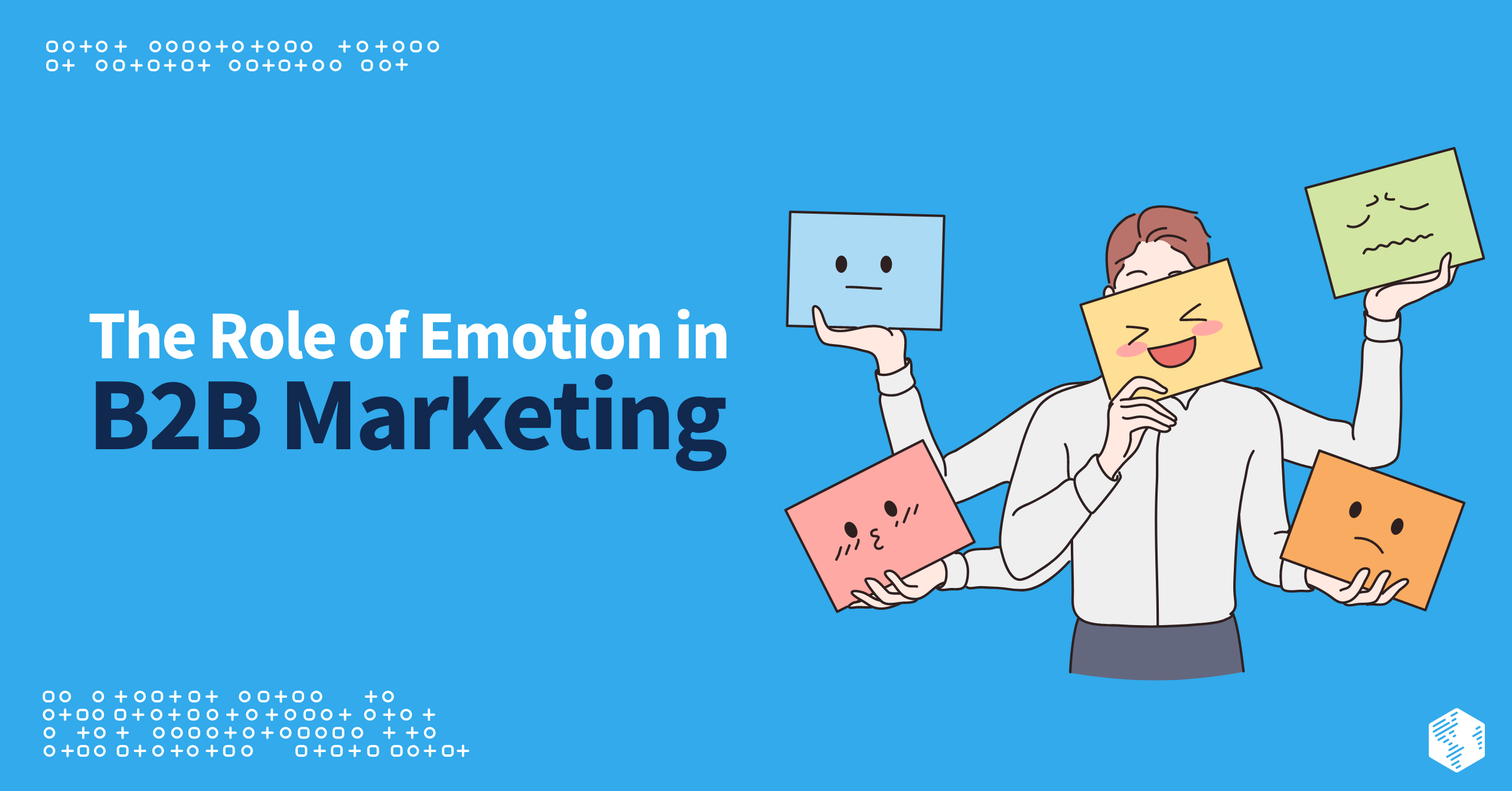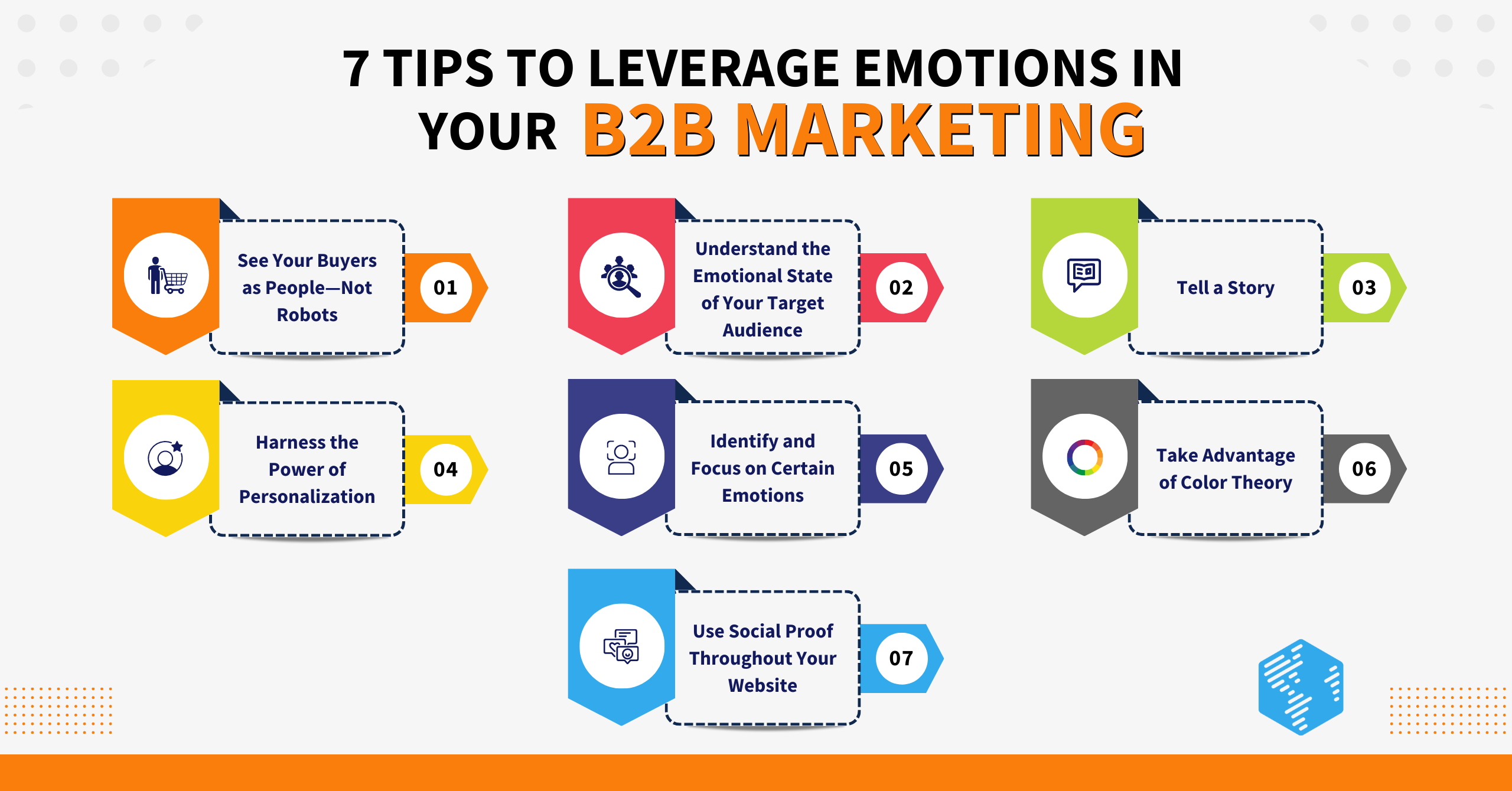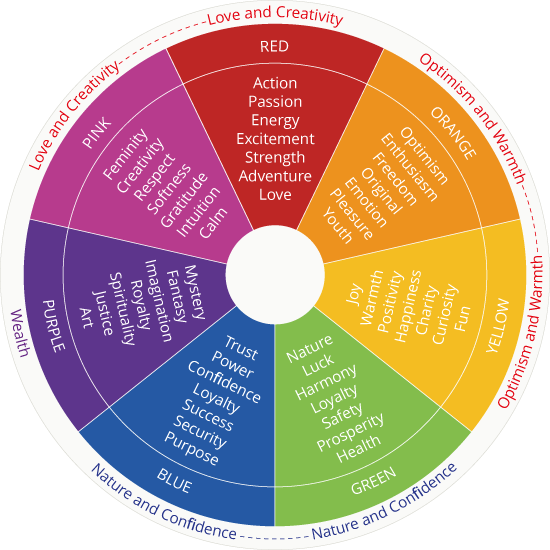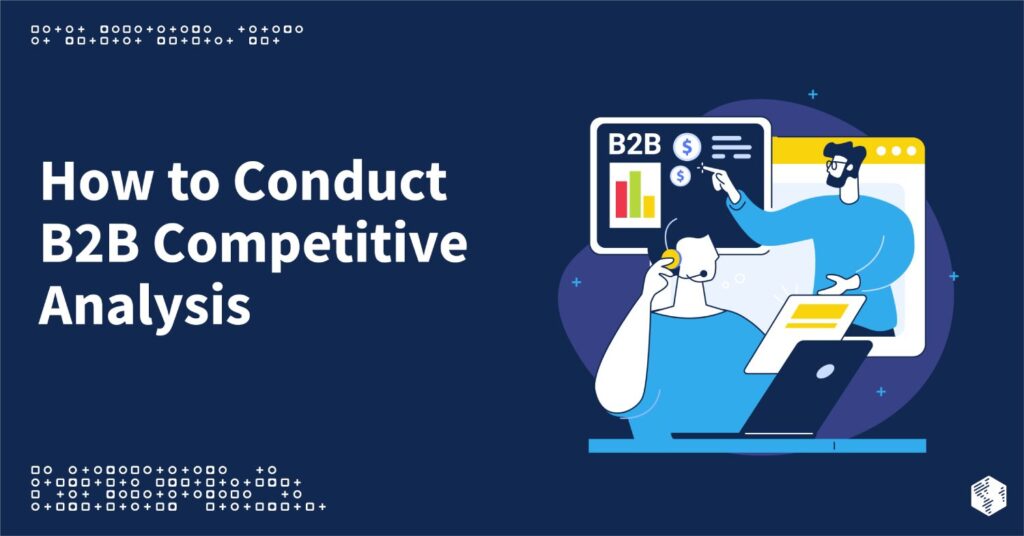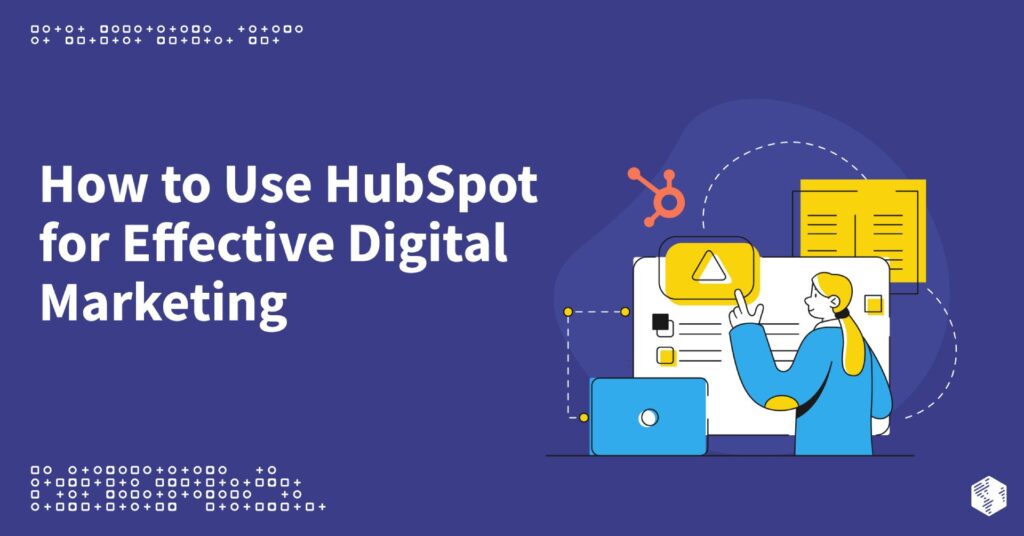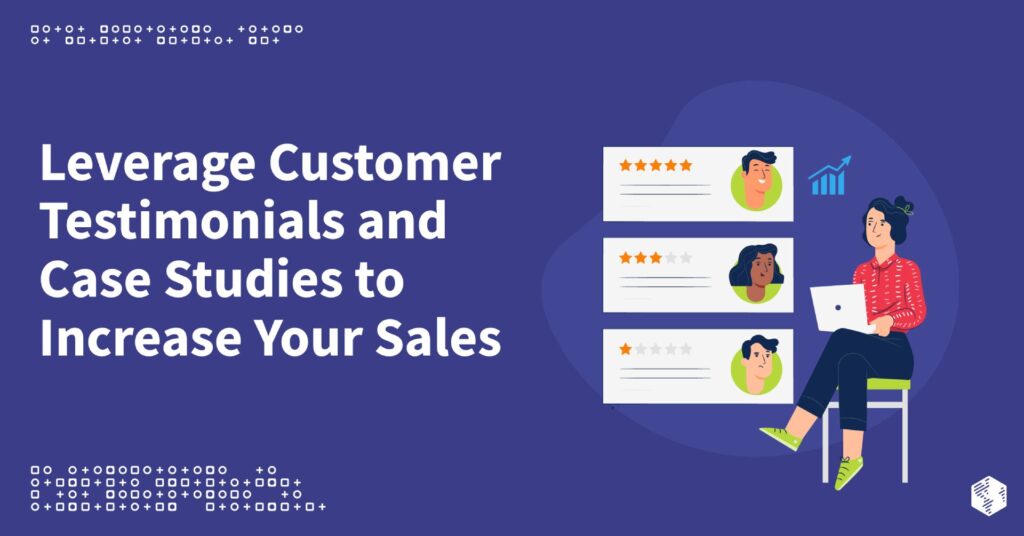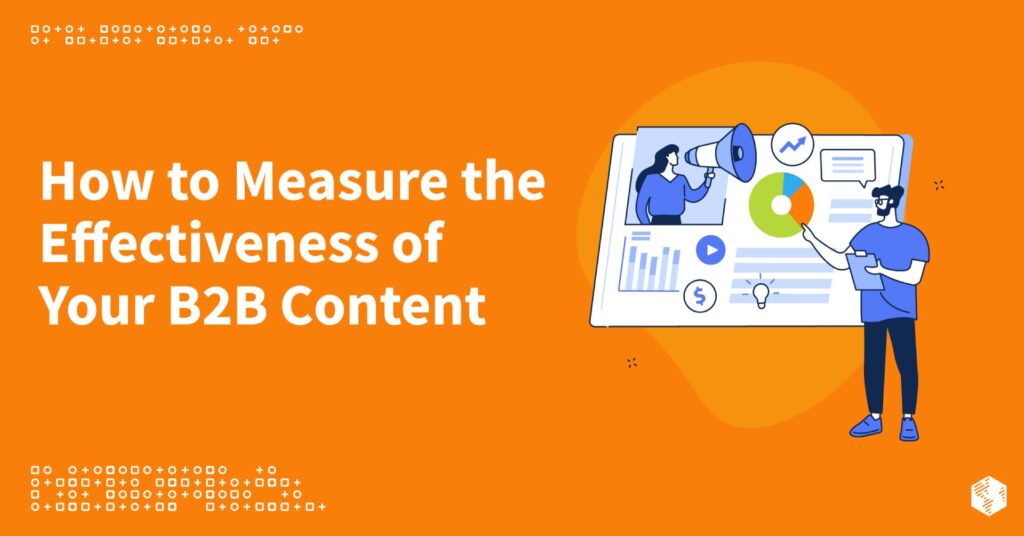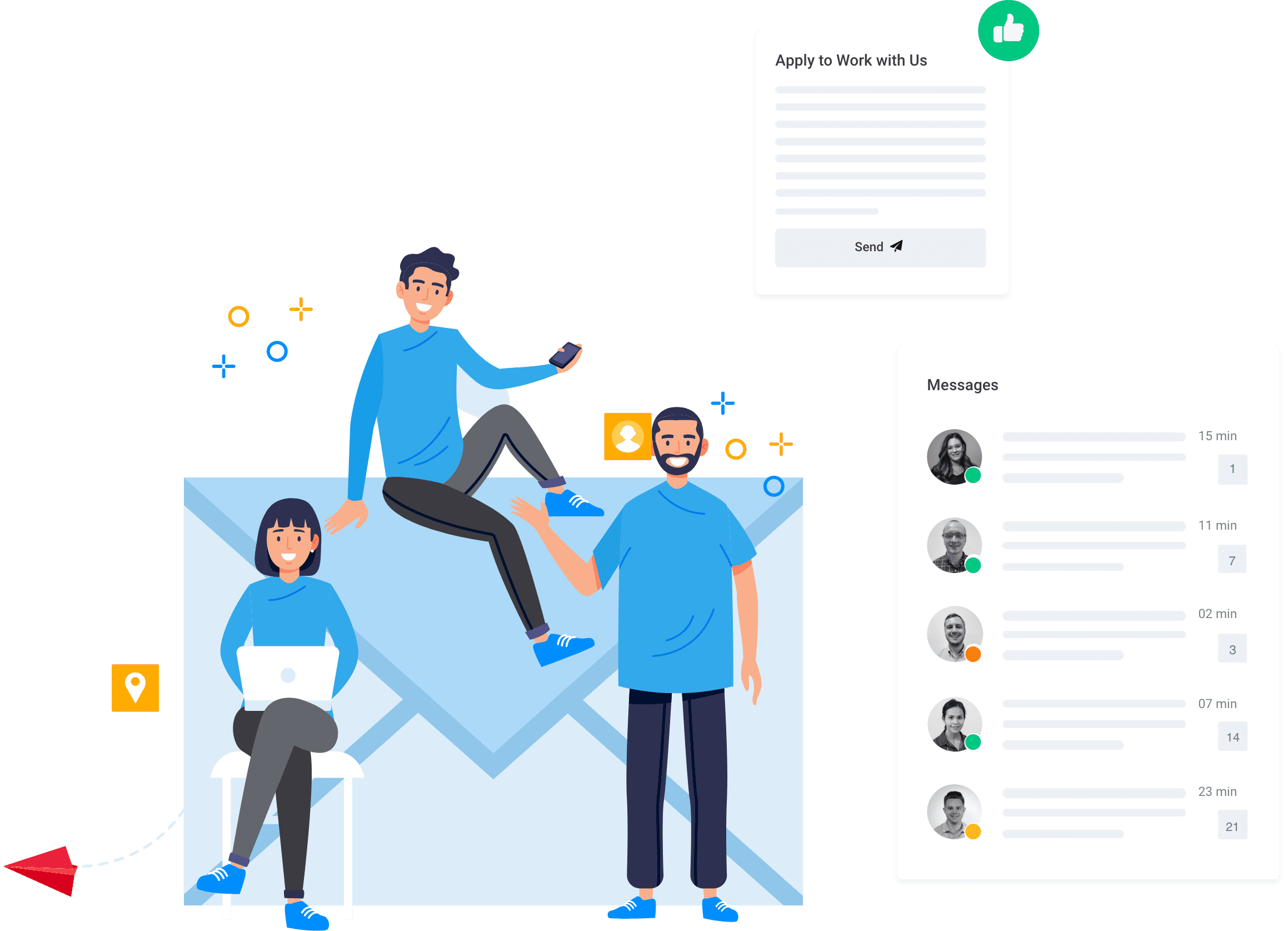Emotions vs. logic.
The brain vs. the heart.
It’s a longstanding comparison made by psychologists and romance novelists alike. What’s the best way to make a decision—by listing the pros and cons or by following your gut instinct? How should the protagonist pick between two suitors—who they love or who will best provide for them?
The same comparison is made in the marketing landscape. Business-to-consumer (B2C) customers base their buying decisions on feelings, while business-to-business (B2B) buyers make purely rational decisions.
Right?
It’s not that simple. The reality is that both B2C and B2B customers are humans, which means that emotions and other psychological drivers are at play. It’s not just logic that drives B2B decision-making; emotional connections make a significant impact. And marketers need to understand emotion’s role in the B2B world if they want to have an edge over the competition.
The Psychology of Emotion in B2B Marketing
We all like to think that we always make logical, rational decisions. But at the same time, we know that emotions impact the outcome of those decisions.
The same goes for the B2B decision-making process. Even though the B2B buyer’s journey is long, involves multiple stakeholders, and is based on more facts and figures than the average B2C purchasing decision, prospective customers will still remember and respond to your brand if you make them feel something.
Emotion in marketing can be subtle. Simply evoking a feeling that your brand is relevant, trustworthy, and empathetic is powerful. When your audience likes you and has positive feelings about your brand, they are more likely to make a purchase.
What emotions are involved in B2B marketing? It all depends on your approach to emotional marketing.
In B2C marketing, humor, sadness, fear, and nostalgia are driving emotional responses. In the B2B world, you want to aim for emotions that evoke a sense of partnership:
- Confidence
- Trust
- Reassurance
- Pride
- Excitement
- Reliability
But regardless of whether you want your prospective customers to feel excited about your brand, be proud of your products, feel frustrated with your competitors, or be reassured that your services are the right choice, B2B marketers must consider the role of emotion in how buyers make decisions.
How Emotions Affect B2B Buyers’ Decision-Making
An important part of creating an effective B2B marketing strategy is understanding and knowing how to influence the emotions of your ideal customers.
People—including your target buyers—aren’t as logical and rational as they think they are. Whenever someone makes a purchase, emotion drives the decision (whether we want to admit it or not).
B2B purchases are much more complex than B2C decisions. Prospects may be putting their job on the line if they make the wrong purchase. Additionally, since the sales process takes longer, buyers have more time to build stronger emotional connections with their vendors and service providers. Emotion plays an important part in how your customers think and act.
Another thing to keep in mind is that your customers have other options. There are other B2B companies selling services or products similar to yours. Highlighting differences in costs and small features can only do so much; it’s an emotional connection that seals the deal. Even if your buyers think they’re making a purely logical decision, how they feel about your company makes all the difference.
7 Tips to Leverage Emotions in Your B2B Marketing
A B2B company that doesn’t use emotions in its marketing, branding, and sales tactics is missing out on a significant number of conversions. In other words, if you don’t put in the work to connect emotionally with your prospective customers, someone else will—and they’ll take the business that you deserve.
Why? Because buyers want to feel understood, listened to, acknowledged, and important, so your B2B organization must consider how to evoke those emotions.
Implement any of these tips to get started.
1. See Your Buyers as People—Not Robots
The key decision-makers at your ideal companies are not robots. They’re people. They have hopes and fears, dreams and aspirations. If you can create a marketing campaign that addresses and appreciates these natural emotions (in addition to addressing their logical needs), you are more likely to resonate with them, build a strong relationship, and convert them into a long-term customer.
2. Understand the Emotional State of Your Target Audience
Your B2B marketing content doesn’t exist in a vacuum. The people reading, watching, and consuming your messaging already have feelings about your brand as a result of your other marketing and advertising efforts.
Before you can successfully generate an emotional response in your customers, you have to consider the emotions they are already feeling. Then, if you understand the emotional state of your target audience, you can consider how to best evoke the emotions you want.
Listen to your customers. Conduct surveys, interview loyal clients, and observe their interactions on social media. After you are more familiar with how they feel about your company, you can apply your findings to your messaging.
3. Tell a Story
There’s something missing from graphs, white papers, and benefit statements: an emotional component. Storytelling can evoke emotions that bring your brand to life.
From the first stories told around an ancient campfire to today’s minute-long video clips, storytelling has always been a way to create powerful, deep feelings. You can make your brand, products, and services more human by telling stories.
An engaging, meaningful story will win the hearts and loyalty of your prospects.
To generate story ideas, interview your customers and listen to success stories. Additionally, encourage your employees to tell your brand story in their own words on social media.
4. Harness the Power of Personalization
B2B decision-makers want to feel understood—and they’re more likely to buy from a company that they think cares about what they want and need.
Personalized content and messaging is one way to make prospects trust and connect with your business.
By tailoring content to the individual receiving it—from their unique role in their company to how they prefer to receive information—you can influence how they feel about your marketing and emotionally respond to your team members.
READ: How B2B Companies Can Leverage AI in Digital Marketing
5. Identify and Focus on Certain Emotions
What emotion do you want your message, content piece, or brand story to evoke?
Your first instinct might be to list a dozen different emotions you want your buyers to feel, but going after too many at once will be detrimental to your overall goal. Instead, identify one to three emotions that you want to evoke in your audience and focus on how to address those specific feelings.
6. Take Advantage of Color Theory
Color theory—the emotional impact of color—cannot be understated. Colors have both positive and negative associations, and any time you want to convey a certain emotional response with your messaging or content, you need to consider how color can set the tone.
What feelings a certain color evokes is largely based on cultural influences or personal experiences. For example, while yellow makes United States audiences think of happiness, warmth, and cheer, it’s linked to death and mourning in other parts of the world.
Knowing how color psychology affects the emotional response of your audience will help you make practical branding and marketing decisions.
7. Use Social Proof Throughout Your Website
Social proof is a powerful way to evoke an emotional response in your buyers, and yet it’s an entirely emotional process. There’s no logical reason to trust the word of a stranger, but people rely on this information to guide them in making the right choice.
Customer reviews, testimonials, case studies, and social media posts all impact their purchasing decision. Make sure you include social proof throughout your company website so visitors will get the full emotional impact.
The Role of Emotional Intelligence in Sales
Emotional intelligence (EI), or emotional quotient (EQ), is a term that describes someone’s ability to perceive and understand their own emotions as well as the emotions of others and manage or handle those emotions efficiently, productively, and empathetically.
Let’s break it down:
People who are emotionally intelligent have . . .
- Self-awareness to observe and identify their own emotions
- Empathy to understand a situation from another person’s point of view
How can salespeople use emotional intelligence to improve their ability to build meaningful relationships with prospective customers?
- They can understand how the customer is feeling and steer the conversation in the right direction.
- They can visualize the customer experience to better address their pain points and goals.
- They can determine the best ways to adapt their approach to meet the emotional needs of customers.
These EI skills can make a significant impact on your B2B sales team’s conversion rate and overall performance.
Get Help from the Emotional Marketing Experts at OneIMS
Emotions are essential to B2B marketing—and they’re the key to standing out from the competition, connecting with prospects, increasing your conversion rate, and promoting revenue growth.
But with B2B marketing’s history of focusing solely on the rational and logical, it can be difficult to transition to a strategy that incorporates the power of emotional responses. It takes practice (and a lot of trial and error) to get things right.
. . . unless, of course, you have help.
At OneIMS, our B2B marketers are experts in using psychology, emotional intelligence, color theory, storytelling, and more to connect deeply with your audience, empathize with prospective customers, and establish your brand as a trustworthy, reliable, inspiring choice. We have a long history of working with companies in a variety of industries to develop innovative and data-driven marketing and solutions, and we pride ourselves on producing measurable and sustainable results.
But you don’t have to take our word for it. View testimonials from our clients and read our blog to get an idea of our training, experience, and track record of success.
If you’re looking for a partner to help you leverage emotions in your B2B marketing strategy, schedule a consultation with us today.


